Are you currently waiting for your app to be developed?
Figuring out how long it takes to develop an app depends on various factors such as complexity and features. According to SPD Load, the average timeline if we compare apps of different complexity and number of features will be:
- Simple App Development – 2-4 months
- Average App Development – 4-6 months
- Complex App Development – starting from 9 months
However, no matter how long it takes, there are smart and productive things you should be doing while waiting for your app to be developed:
1. Continuous market research
The market is constantly changing and that is why it is important to stay ahead of those changes by conducting continuous market research.
Continue to track or monitor customers’ changes in perception, opinion, behaviors, interests, and needs. Monitor your competitors’ prices, rankings, and reviews. In that way, you can easily spot a new opportunity or feature for your app. You should always know and understand the market demand.
2. Write an effective app description
While waiting for your app to be developed, one of the best things to do is to write an app description. The app description plays an important role to impress potential users. This influences users to download the app. So, if you want your app to have many users, you should start writing a description that sells your app.
Here are some tips on how to do it:
- Emphasize your app’s most important and notable features.
- Identify your target audience and emphasize the features that will most appeal to them.
- Discuss how users will benefit from your app. Specify a problem and explain how your app becomes a solution for it.
- Keep it simple. Avoid extraneous marketing phrases such as “The top app in the world!!!!!”
- Let your users know whether your app has multiple versions such as Basic, Lite, Premium, or Free.
Remember that a great app description sells.

3. Create a marketing strategy
Do you already have a release date for your app?
Planning ahead of time will give you enough time to prepare for your app’s launch. Keep an eye out for events in your area that have the potential to launch your app.
For example, you may want to target Valentine’s Day, which mostly has live concerts for the public, for your app launch. Choose a concert where you think the majority of the audience is your target audience too. Connect the concert’s staff and ask them if they can be one of your partners. Let them know your promotional ideas. Have a good negotiation. That would be beneficial for both parties.
4. Create a Privacy Policy
Creating a privacy policy is a must if you run an app that collects personal information from users. Even though your app does not directly collect personal data, you may still require a Privacy Policy if you use a third-party tool to collect data on your behalf, such as Google Analytics.
You need to comply with having Terms of Conditions if you wish your app to be on the list on App Store or PlayStore. In writing a privacy policy, you must familiarize yourself with privacy laws.
The help of Priv-O-Matic, which was designed by the Office of the Privacy Commissioner for small to medium businesses, makes it easier for you to see what type of information is needed in your privacy statement.
Through privacy policy, app users will understand what happens to their personal information once collected. Without this, a developer could be sued for violating the law, resulting in financial and reputational consequences.
By doing the four things mentioned above correctly, your app can be the next promising app that generates revenue and be one of the top apps in PlayStore and App Store’s ranking.
For any questions or concerns about app development, do not hesitate to message us.




